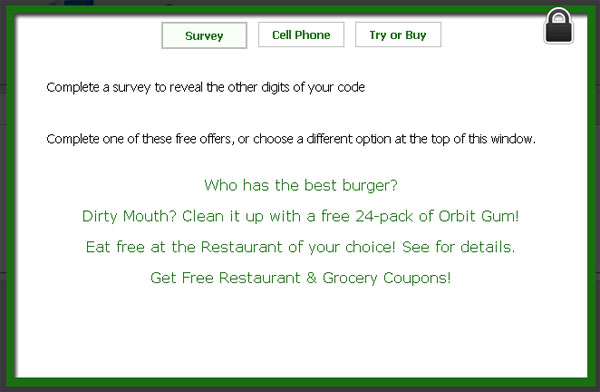 Facebook, being the online monolith that it is, is a frequent target for hackers, phishers and all sorts of online scammers. So it is that finally, perhaps belatedly, the site has created a public email address for its users to report phishing: phish@fb.com. Took you long enough, Zuckerberg! 🙂
Facebook, being the online monolith that it is, is a frequent target for hackers, phishers and all sorts of online scammers. So it is that finally, perhaps belatedly, the site has created a public email address for its users to report phishing: phish@fb.com. Took you long enough, Zuckerberg! 🙂
A note posted on the Facebook Security page explains:
“By providing Facebook with reports, we can investigate and request for browser blacklisting and site takedowns where appropriate. We will then work with our eCrime team to ensure we hold bad actors accountable. Additionally, in some cases, we’ll be able to identify victims, and secure their accounts.”
Facebook tries to keep careful track of pages on their site, but many sites manage to evade their automated detection systems. This will also give them a way to tackle external phishing attempts like those received via email. The email address will provide users to report infractions themselves, which Facebook will then investigate in conjunction with its eCrime team.
It may seem lazy for a site to deputize its users like this, but Facebook truly is too large to catch every malicious presence on its site and elsewhere. You can’t expect an elephant to feel every fly that lands on its hide, can you? The email address is a step in the right direction, but it remains to be seen if Facebook will actually respond to complaints in a timely and effective manner. Let’s hope the email doesn’t turn into that dusty anonymous comment box that no one ever checks.
Still, it’s ultimately up to you not to fall for online scams. If you’re asked for any sort of personal information, just don’t give it. Look out for yourself so Facebook doesn’t have to.
Here are a couple of tips to help keep you safe from phishing attacks in general:
- Never click on links in emails you received. Scammers can create very sophisticated and official looking emails and websites.
- Always make sure you are on the correct web address before logging in. Scammers can mask domains, use redirects or domains that are very similar to the site they are trying to mimic.
- Navigate directly to websites (bookmark those you visit often) and login directly there.
Recommended Resources
BitDefender Safego is a Facebook application you can install that will scan your News Feed and help keep you safe from scams on Facebook.
PRIVATE WiFi® is a Personal VPN that encrypts everything you send and receive. Don’t access Facebook from a public WiFi hotspot without it.
Do Not Track + is a FREE browser plugin created by Abine. This easy to install plugin keeps websites from tracking you. If you value your online privacy, then you should definitely take advantage of this free product.
Action Alert | Free Parental Control offers a 100% free Internet safety solution designed for parents. There is also a Maximum Protection option for parents that need a more advanced set of tools.

 Previous post
Previous post
 Next post
Next post





